Natural pest repellents — 9 ways to save money and skip the exterminator
Keep the pests out of your home and cash in your pocket with these 9 top tips

Here at Tom’s Guide our expert editors are committed to bringing you the best news, reviews and guides to help you stay informed and ahead of the curve!
You are now subscribed
Your newsletter sign-up was successful
Want to add more newsletters?

Daily (Mon-Sun)
Tom's Guide Daily
Sign up to get the latest updates on all of your favorite content! From cutting-edge tech news and the hottest streaming buzz to unbeatable deals on the best products and in-depth reviews, we’ve got you covered.

Weekly on Thursday
Tom's AI Guide
Be AI savvy with your weekly newsletter summing up all the biggest AI news you need to know. Plus, analysis from our AI editor and tips on how to use the latest AI tools!

Weekly on Friday
Tom's iGuide
Unlock the vast world of Apple news straight to your inbox. With coverage on everything from exciting product launches to essential software updates, this is your go-to source for the latest updates on all the best Apple content.

Weekly on Monday
Tom's Streaming Guide
Our weekly newsletter is expertly crafted to immerse you in the world of streaming. Stay updated on the latest releases and our top recommendations across your favorite streaming platforms.
Join the club
Get full access to premium articles, exclusive features and a growing list of member rewards.
As the seasons change, ants, cockroaches, mosquitoes and other bugs seek solace in our homes and can be a real nuisance. It’s no surprise that they come inside with our leftover food to feast on, houseplants to invade and cozy places to hide from the interchangeable weather. While there’s plenty of ways to keep bugs out of your home, there’s also natural pest repellents and treatments available to avoid expensive trips from an exterminator.
In these top tips, we go through which simple items you can purchase that are a lot cheaper — and a lot kinder to your home environment — than the usual exterminator methods. Some of these you may already have in your home as their properties and uses are countless.
If you’re looking for natural remedies, you’re in the right place. From bringing in plants that repel roaches to products to clean every room in your home, there’s pest deterrents that you can keep in your fridge and larder to maintain a pest-free life.
1. Cloves
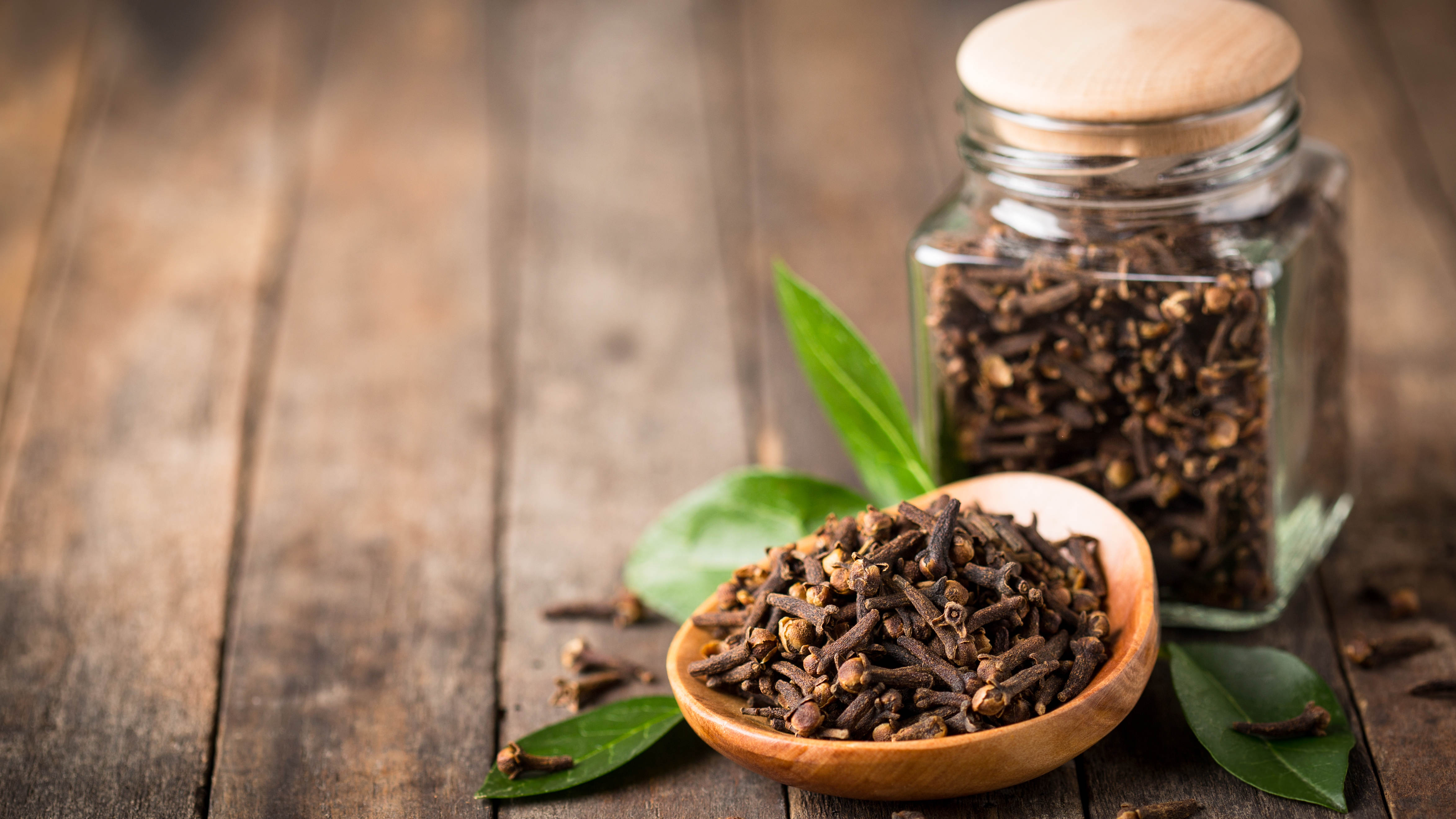
Cloves are our first effective natural option for keeping pests out of your home. The rich scent of cloves make for a great cooking ingredient, but they’re also excellent at repelling moths, mosquitoes, ants, and ladybugs. Simply crush up whole cloves and place the powdered solution in entryways and areas where you find yourself bothered by these pests. Sweep it up and repeat with fresh cloves as and when needed. Certain pests hate the smell and will actively avoid these areas.
Alternatively, you can make a handy sprayable clove solution by soaking whole cloves in warm water and loading the solution into an empty spray bottle. Then you’ll have a DIY spray available to use on pest-filled areas and/or plants.
Cloves can also be combined with lemon to make a fly deterrent using 2 cheap household staples.
2. Onion and garlic
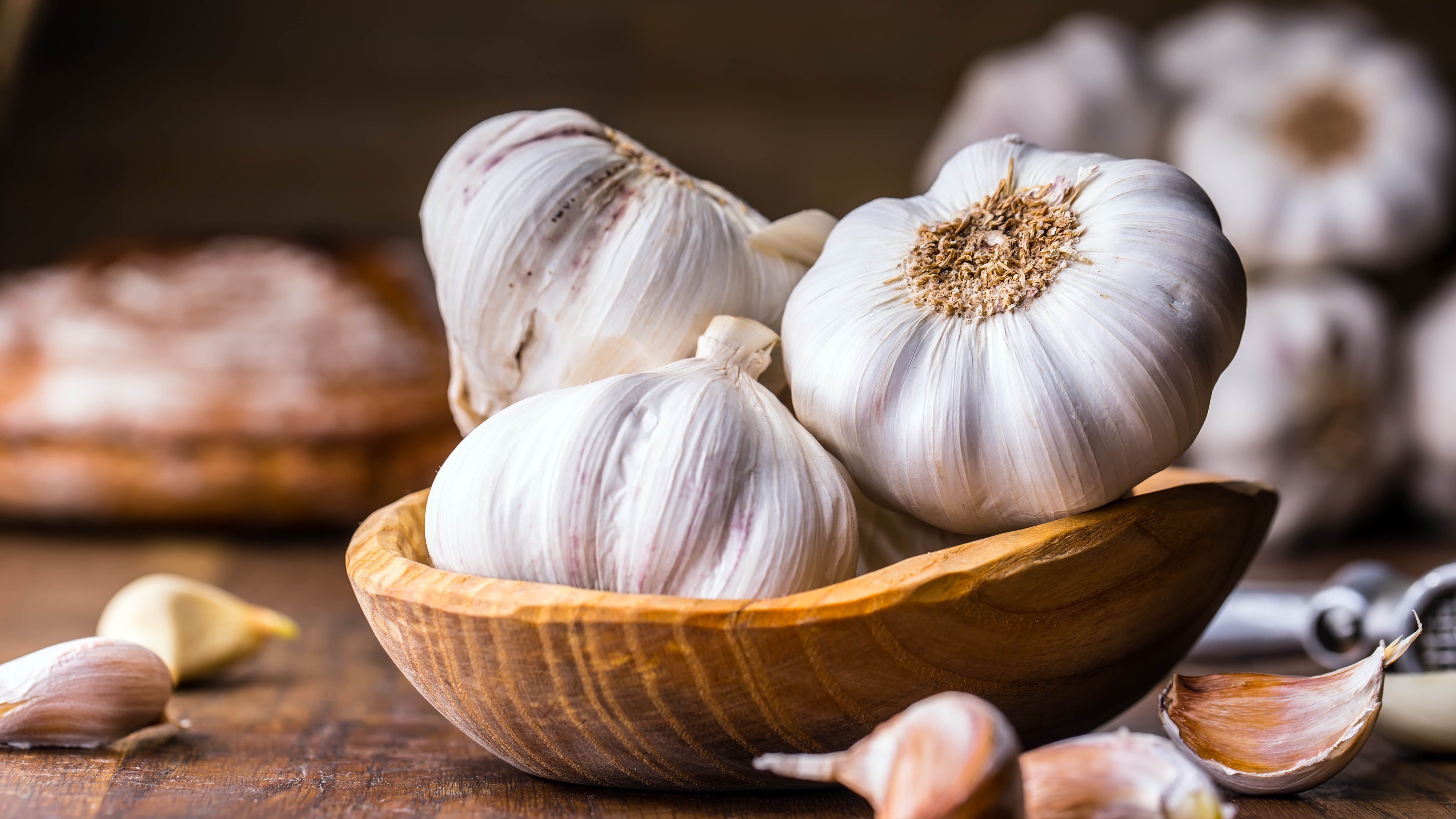
If spiders are causing you problems, as well as ants and mosquitoes, a raw onion can quickly become your best friend. It’s another odor-based deterrent, so you can cut up an onion and place it into a bowl of water to use it as a barrier to stop pests coming into your home.
To create an even more effective method, use one or two garlic bulbs in the water as well because they have similar sulfuric properties that omit a smell pests don’t like. You can also just cut an onion in half and thread a needle through it to hang it up in a particular pest hotspot. The smell of the onion will work as a deterrent as long as it’s nearby to where you find a pest problem.
Get instant access to breaking news, the hottest reviews, great deals and helpful tips.
3. White vinegar
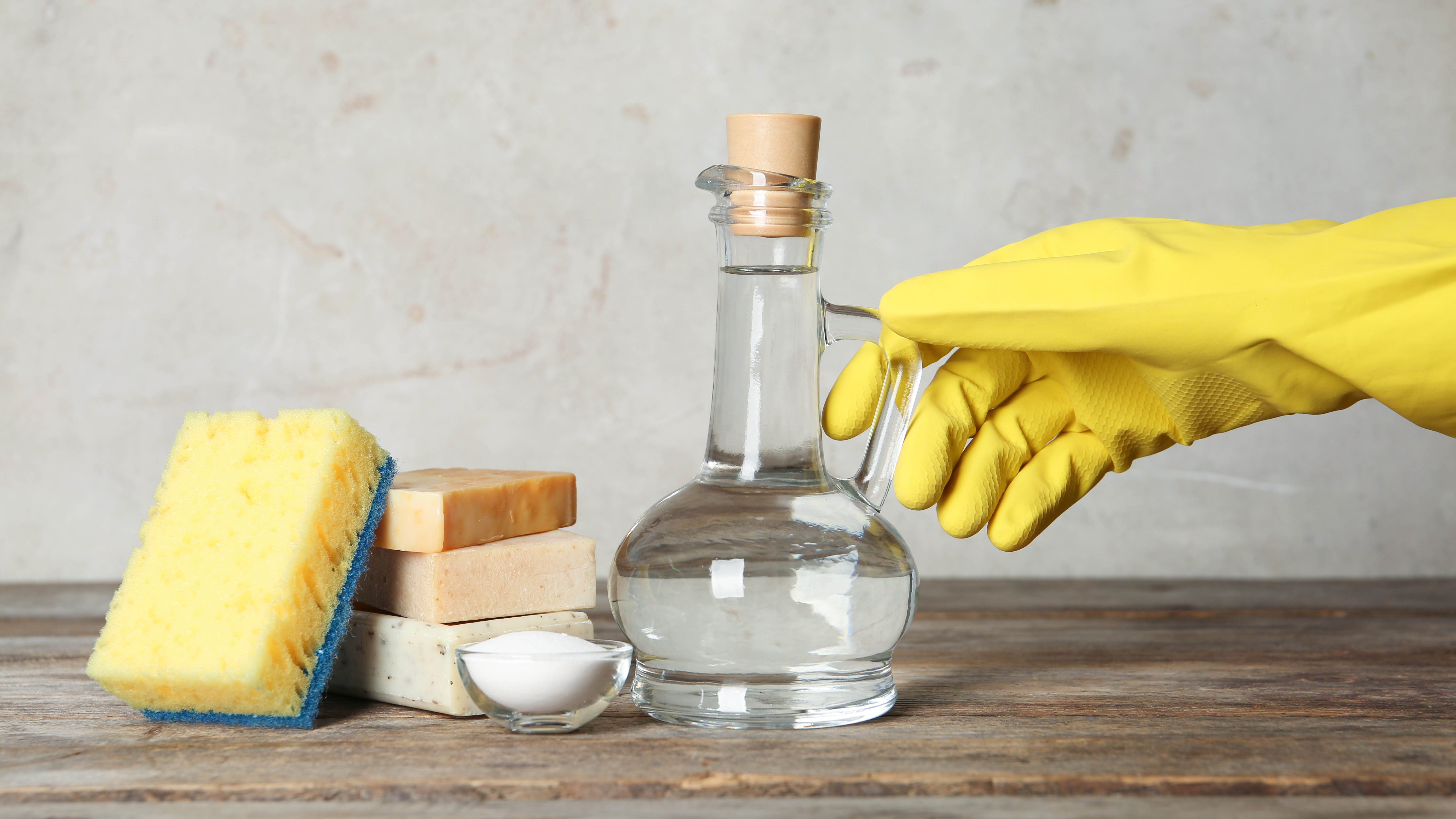
A fair few pests don’t like the taste or smell of white vinegar. Spraying a solution, especially around your windows, is a great way to keep them away. For this, prepare a 50/50 mix of warm water and white vinegar that you can buy in most food stores. White vinegar has a multitude of uses like using vinegar to clean laundry, unclogging a drain, cleaning a glass stove, and importantly for our top tips here, deterring pests.
As a cleaning solution, it’s also a surefire way to get rid of any ant trails or pest trails that may be encouraging most pests into your home. Additionally, making sure you know how to clean every room in your house is one of the best steps you can take to ensure pests can’t take up residence in your home and hide.
4. Lavender

Aside from having a lovely calming natural scent, placing lavender plants near the entryways to your home also helps control pests. While you might wonder how it can possibly deter pests, it does. You can also apply the natural oil from the flowers directly onto your skin as a natural insect repellent that follows you around your home.
Lavender, like many of the natural choices on our list, is always a good option to invite into your home as it has many uses. Lavender will help you sleep better and it’s one of the plants that will make your home smell better without harsh chemicals. You can also use lavender to craft an essential oil and we’ll delve more into that in our next top tip.
5. Essential oil sprays
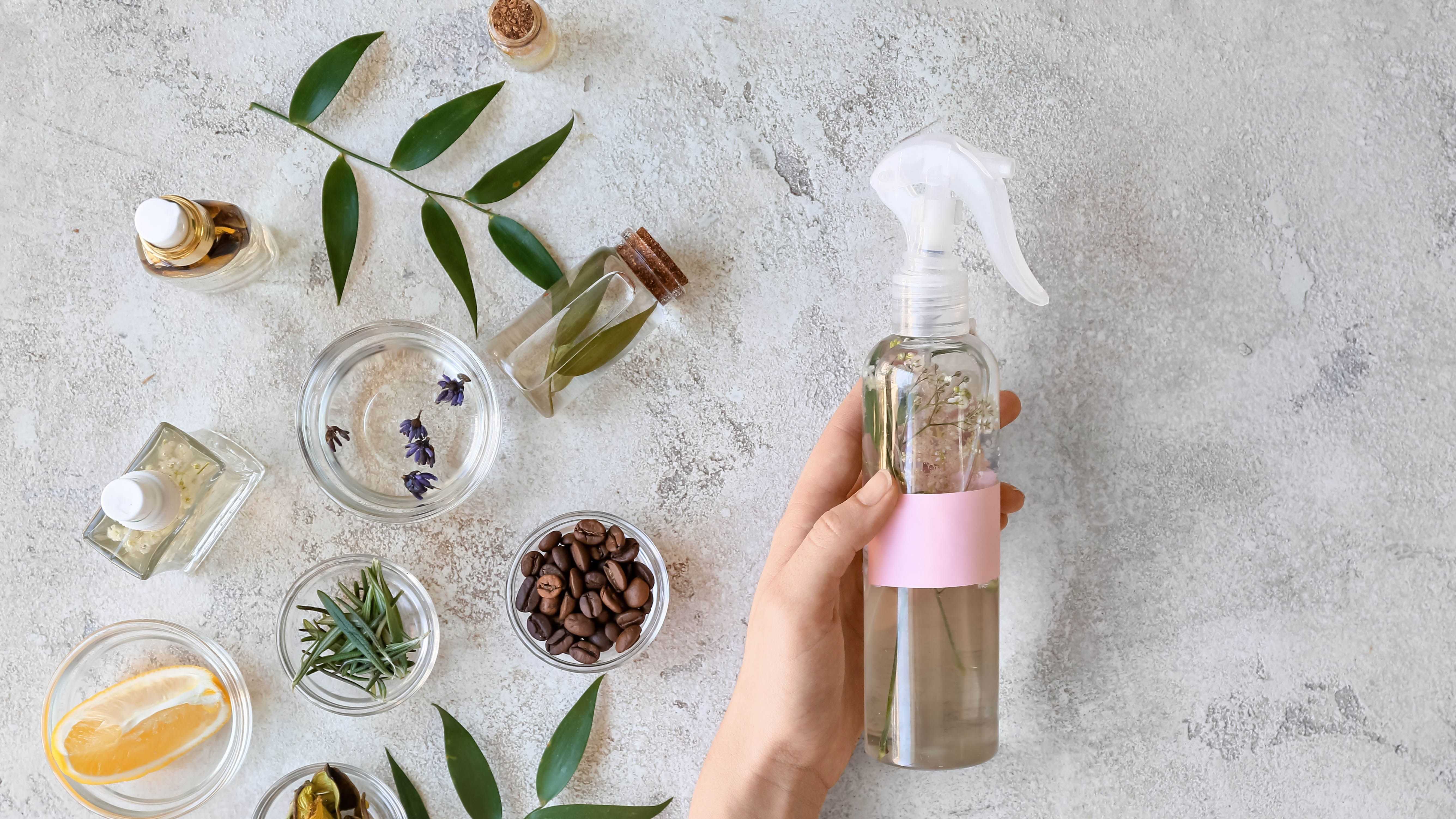
As promised, there’s a lot to be said for making your own essential oil sprays in the fight against pests in your home. There’s copious amounts of essential oil anti-pest recipes available online.
10 to 15 drops of clove, eucalyptus, peppermint, and tea tree alongside 2 cups of water and a quarter cup of white vinegar is an effective pest trail cleaner. Olive oil with a combination of lemon, citronella, cedarwood, and/or cinnamon works great for mosquitoes. Simply using eucalyptus essential oil on a lint-free cloth and placing it in a high-density area for fruit flies is a handy deterrent.
No matter what your pest issue is, granted you’ll find a spray, essential oil concentrate, or even candle recipe for ways to keep your home pest-free.
6. Banana peel
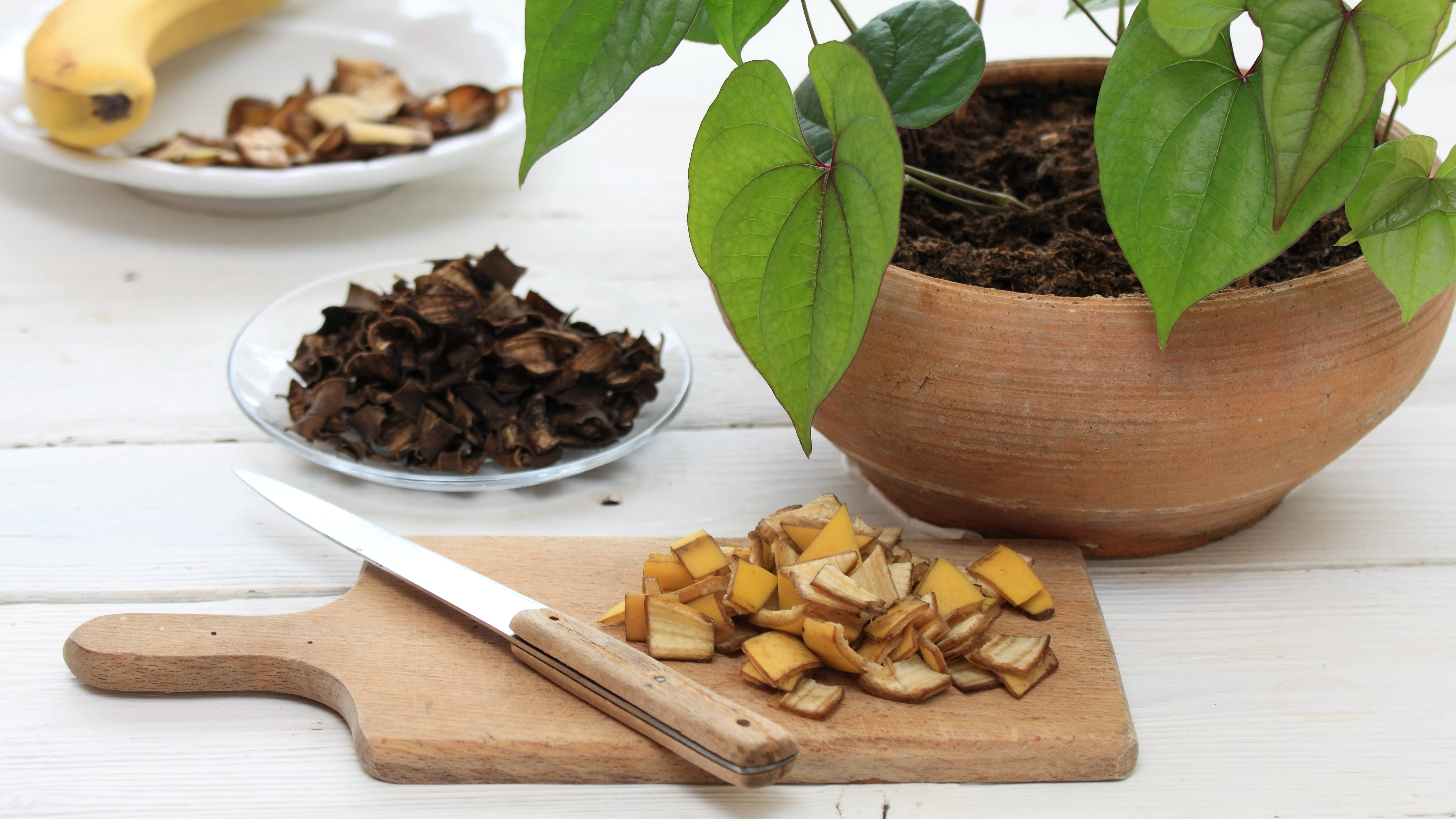
Bananas are known for their sweet taste and scent. For some bugs, the banana peel in particular is an unappealing scent that can be used for pest control. For others, a well-laid trap using banana peels can capture the pests ready to be removed from your home.
For those that dislike the smell, you can place banana peels near plants inside and outside of your home to protect them. For those that love it, you can place the banana peels inside a bucket with a lid on top and a few well-placed holes punctured inside. The pests will fly inside the bucket and become trapped for you to then take outside of your home.
7. Cucumber
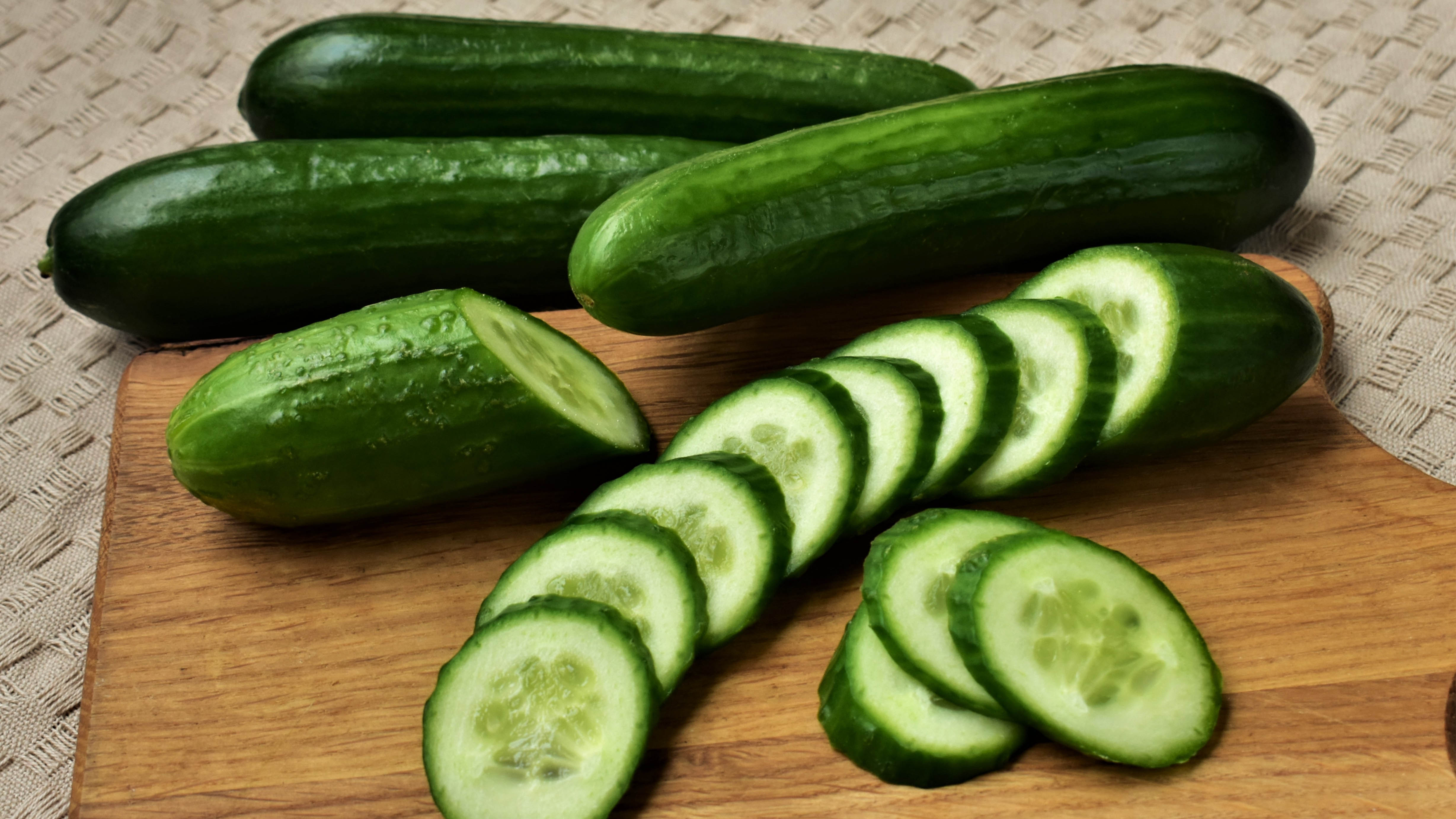
Another simple, cheap, and eco-friendly solution for pest control are cucumbers. Alongside the other tips on our list, cucumbers are a great preventative solution for tackling pests before the issue becomes too big. Peels and slices of cucumber are excellent for deterring ants, mites, moths, wasps, and silverfish as they hate the smell.
Place the cucumber in particularly densely populated areas for pests like your entryways and window ledges. If you don’t want to place slices around your home, use a vegetable peeler to grate off the edges and place them around. Be sure to remember to replace the cucumber before it grows moldy though.
8. Coffee grounds
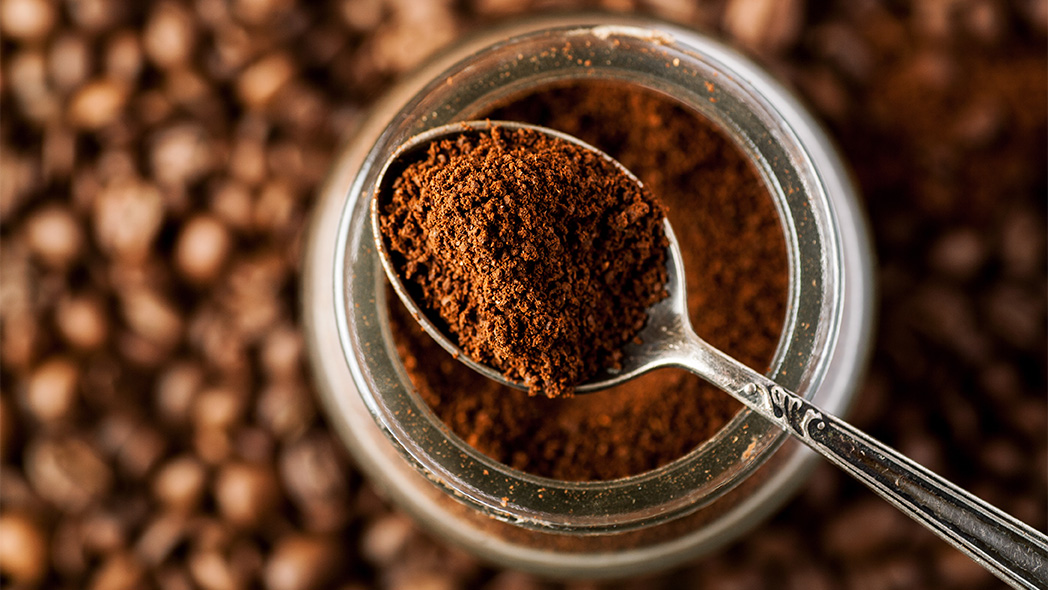
Once you’ve finished your morning coffee, you can use the soggy leftover grounds as a natural solution to put pests off entering your home. Sprinkle the coffee grounds around the entryways and any densely populated pest spots around your home as they can’t stand the smell and will quickly move away.
Make sure you’re not creating a pathway with your coffee grounds that leads them directly into your home at the same time.
9. Fresh herbs
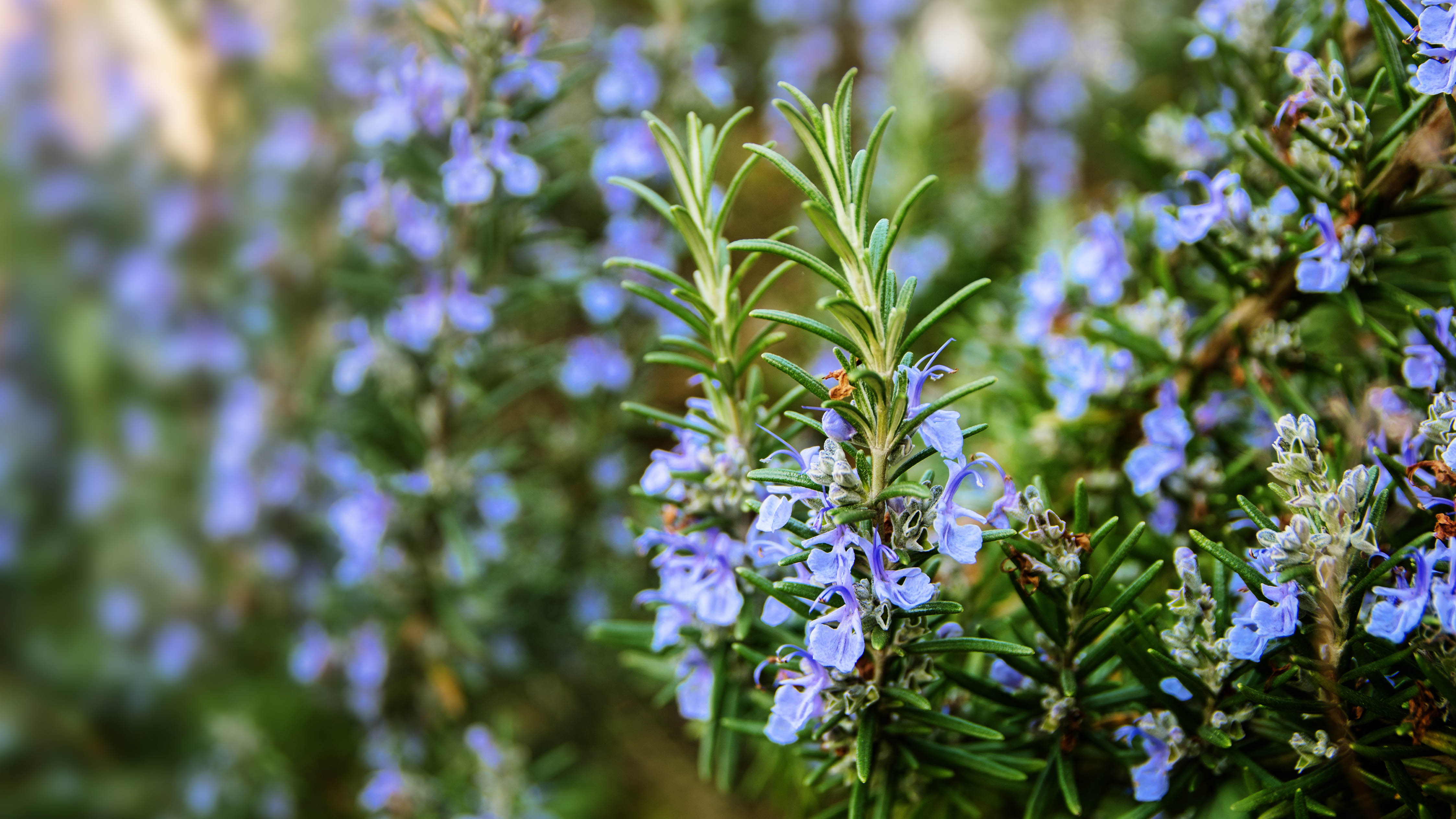
Different fresh herbs put off different pests from becoming a nuisance in your home. Basil is one of the best herbs to grow on your windowsill as it will keep away flies. For mosquitoes, burn sage and rosemary sprigs (pictured above) in an outdoor fire pit or barbecue to keep them away. Catnip is effective at warding off mosquitoes, flies, ticks, and cockroaches. Lemongrass, or the natural oil of citronella that comes from it, both work against mosquitoes.
Depending on your problem, it’s worth looking up if there’s a fresh herb you may already be growing, or will opt to grow after you learn about its properties to keep the pests away.
More from Tom's Guide
- 5 things not to do when repelling pests, according to experts
- 7 things that are attracting pests to your home
- 7 best pest-resistant plants for a bug free yard

Grace is a freelance journalist working across homes, lifestyle, gaming and entertainment. You'll find her writing for Tom's Guide, TechRadar, Space.com, and other sites. If she's not rearranging her furniture, decluttering her home, or relaxing in front of the latest streaming series, she'll be typing fervently about any of her much-loved hobbies and interests. To aid her writing, she loves to head down internet rabbit holes for an unprecedented amount of time.
 Club Benefits
Club Benefits










